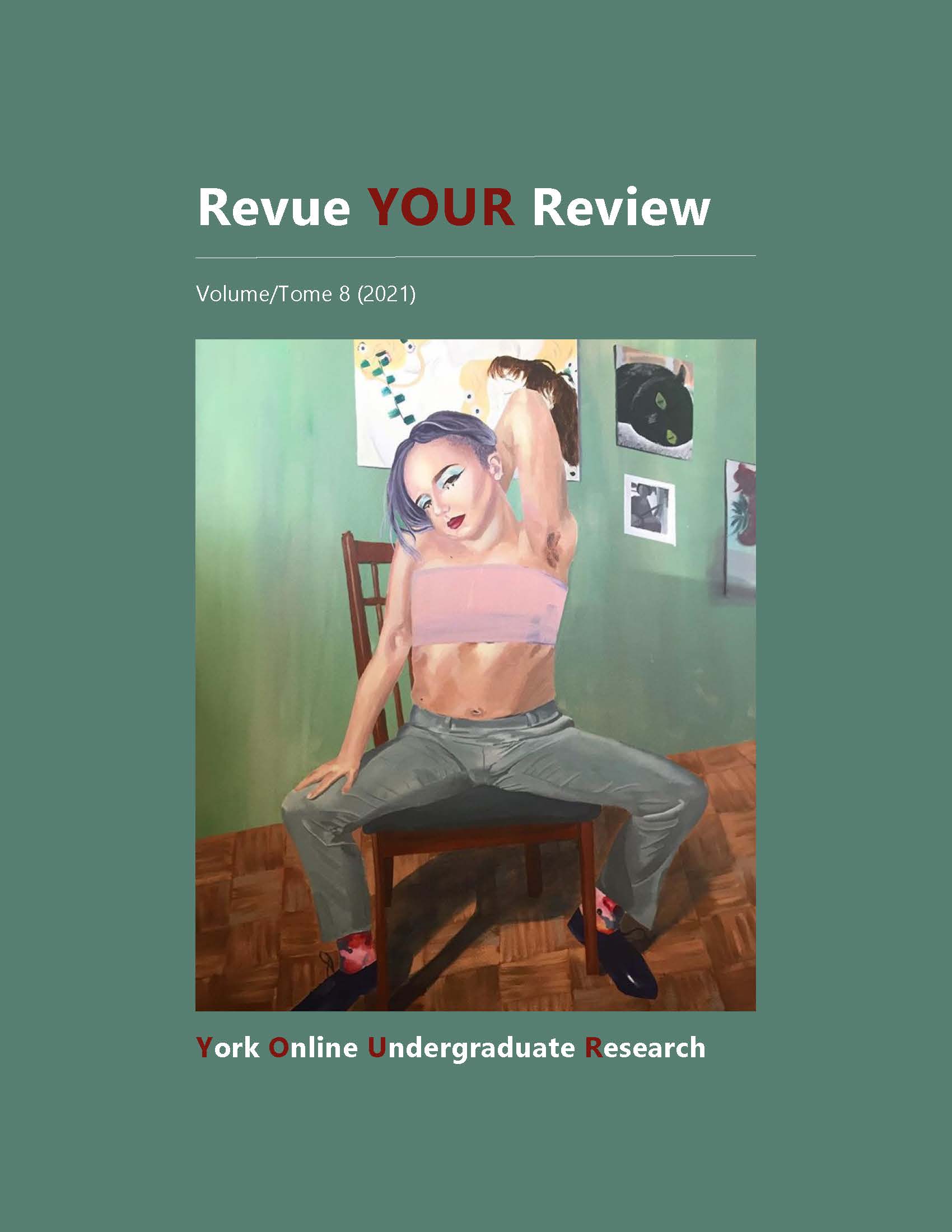Reconsidering citizenship: Canada’s policy approach to migrants with disabilities
Résumé
Under the Live-In Caregiver Program, Karen Talosig, a Filipino caregiver, applied for permanent residency in Canada for herself and her daughter. Her daughter was initially unable to join her because the daughter was deemed “medically inadmissible” due to her profound deafness. The purpose of examining Talosig’s case is to illustrate how Canada’s medical inadmissibility clause unfairly targets migrants with disabilities in what is supposed to be a diverse and inclusive society. I investigate how Canadian domestic law contradicts its international legal obligations and how the economic interests of a state can be used to justify closed borders. Canada has an obligation to migrants with disabilities and should consider the economic contribution temporary foreign workers have made to the country. Although Talosig lacked formal citizenship, she carved a space for herself in Canada and constructed an informal sense of belonging as she worked as a caregiver and took on three additional jobs over seven years. Understanding Canada’s obligations to migrants with disabilities and temporary foreign workers is assessed through economic, legal, and social justifications. The goal of this study is to provide various recommendations for the Canadian government on how it can alter current policies in order to uphold multiculturalism, diversity, and inclusion in the country.
Téléchargements
Publié-e
Comment citer
Numéro
Rubrique
Licence
LicenceLes auteurs qui contribuent à la Revue YOUR Review acceptent de publier leurs articles selon une des trois catégories de la licence 4.0 : Creative Commons Attribution 4.0 International; Creative Commons Attribution-Pas d'Utilisation Commerciale 4.0 International; ou Creative Commons Attribution-Pas de Modification 4.0 International. Tout contenu éditorial de ce site ainsi que les affiches et les résumés sont sous la licence Creative Commons Attribution-Pas de Modification 4.0 International. Pour plus d’informations, veuillez voir :
https://creativecommons.org/licenses/
Dans tous les cas, les auteurs conservent leurs droits d’auteurs et concèdent à la Revue YOUR Review le droit de première publication. Les auteurs peuvent, par la suite, conclure d’autres accords de distribution non exclusifs de la version publiée dans ce périodique (par exemple, l’afficher à un dépôt institutionnel ou le publier dans un livre ou dans un autre périodique) à condition que la reconnaissance fasse mention de la publication originale dans la Revue YOUR Review.


